Harry Potter: 10 Ways David Yates Changed The Film Series For The Better
Table of Contents
The final Harry Potter director, David Yates, changed the tone of the franchise for good – and that’s not the only change he made.
You Are Reading :Harry Potter 10 Ways David Yates Changed The Film Series For The Better
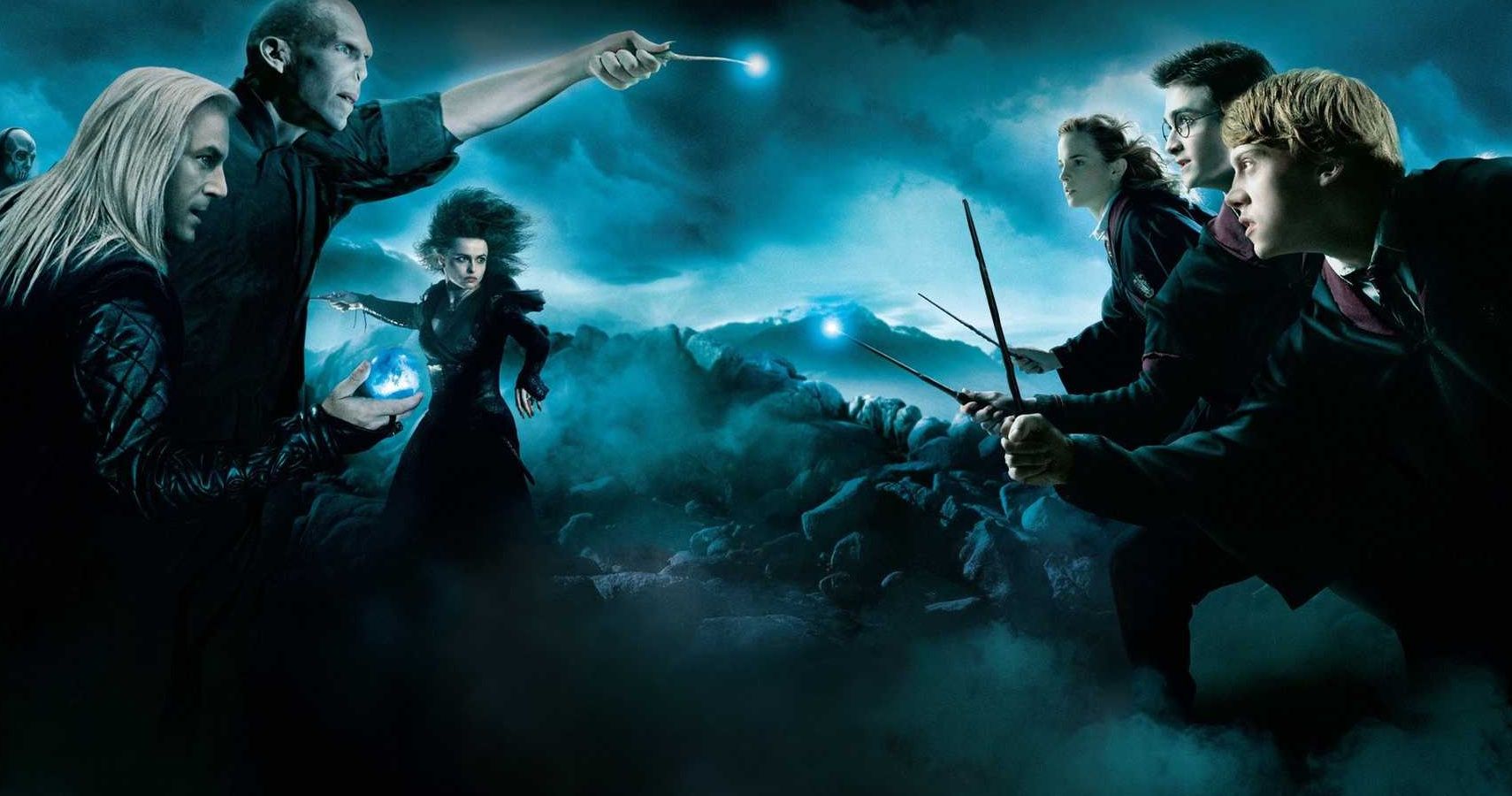
The Harry Potter film series was, ultimately, a large undertaking: eight films, a decade of time, and thousands of scenes shot. Overall, the series witnessed four directors: Chris Columbus, Alfonso Cuaron, Mike Newell, and David Yates. All four brought something new and different to the table. As a result, the series changed somehow every time it had a new director at the helm.
Yates ended up directing the latter half of the entire series. Considering all the changes from director to director, Yates must have been doing something right. Here are 10 ways David Yates changed the Harry Potter film series for the better.
10 Darker Look and Subject Matter
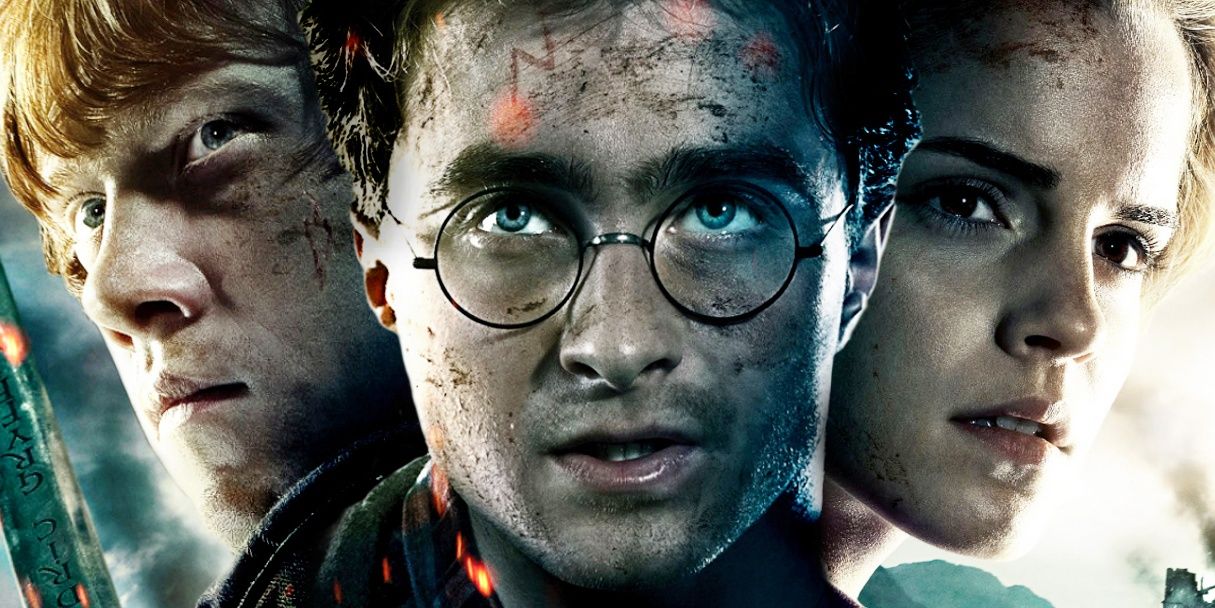
Starting with Alfonso Cuaron, the Harry Potter series became progressively darker, in both look and content. David Yates continued this tradition. The color scheme in the last four films is positively gray, and the content is grim. Voldemort is returning. People are being attacked. War is coming. It’s impossible to say what the rest of the series would have looked like if Chris Columbus had continued directing, but it’s pretty obvious it wouldn’t have gotten as dark as it needed to, content-wise.
9 Better Explanations
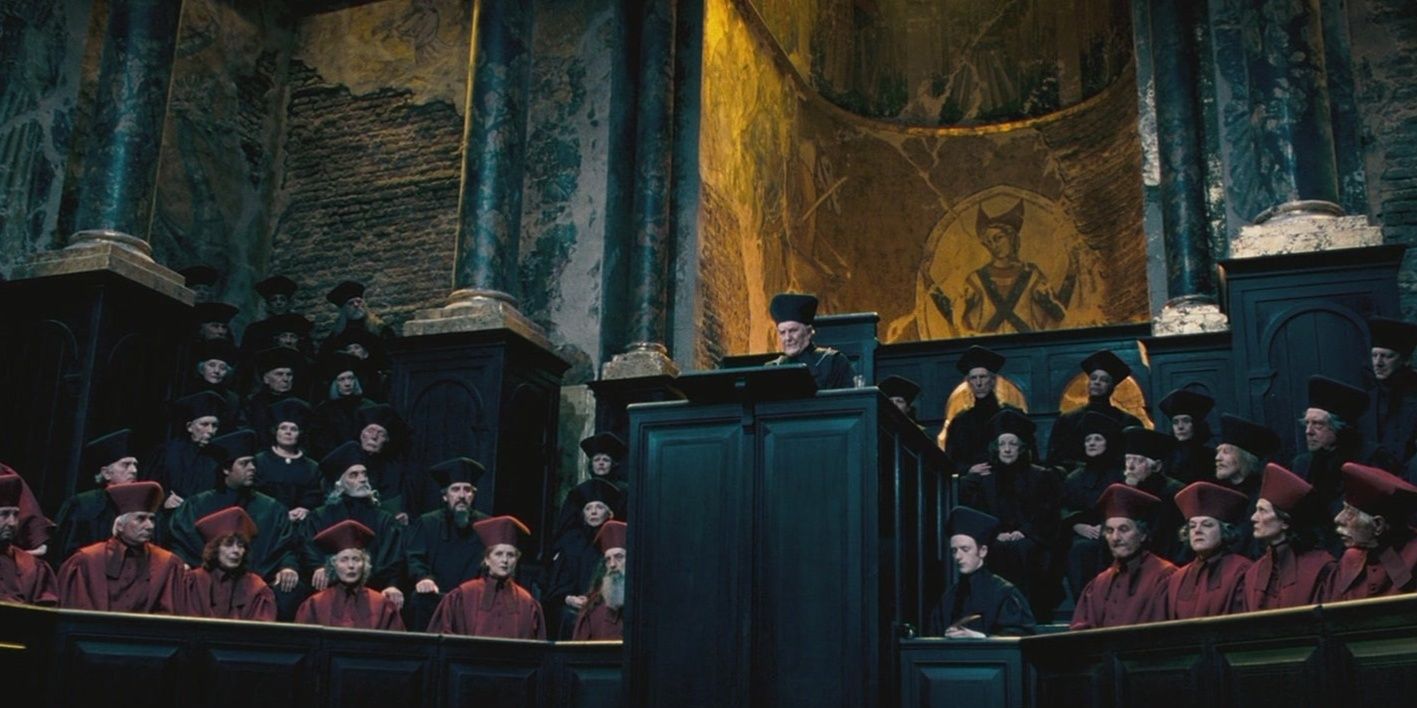
The fourth film was, frankly speaking, a bit of a mess. It’s confusing to follow at points, and the series clearly needed a steady hand after three directors of wildly differing styles. For example, the audience never learns the full story of what happened to Barty Crouch, Jr. (David Tennant), as they do in the novel. Yates did his best to clean up the explanation problems that were left behind by the other directors. There is very little deviation from canon, so most points have a basis in the novels.
8 Expanding the Point of View
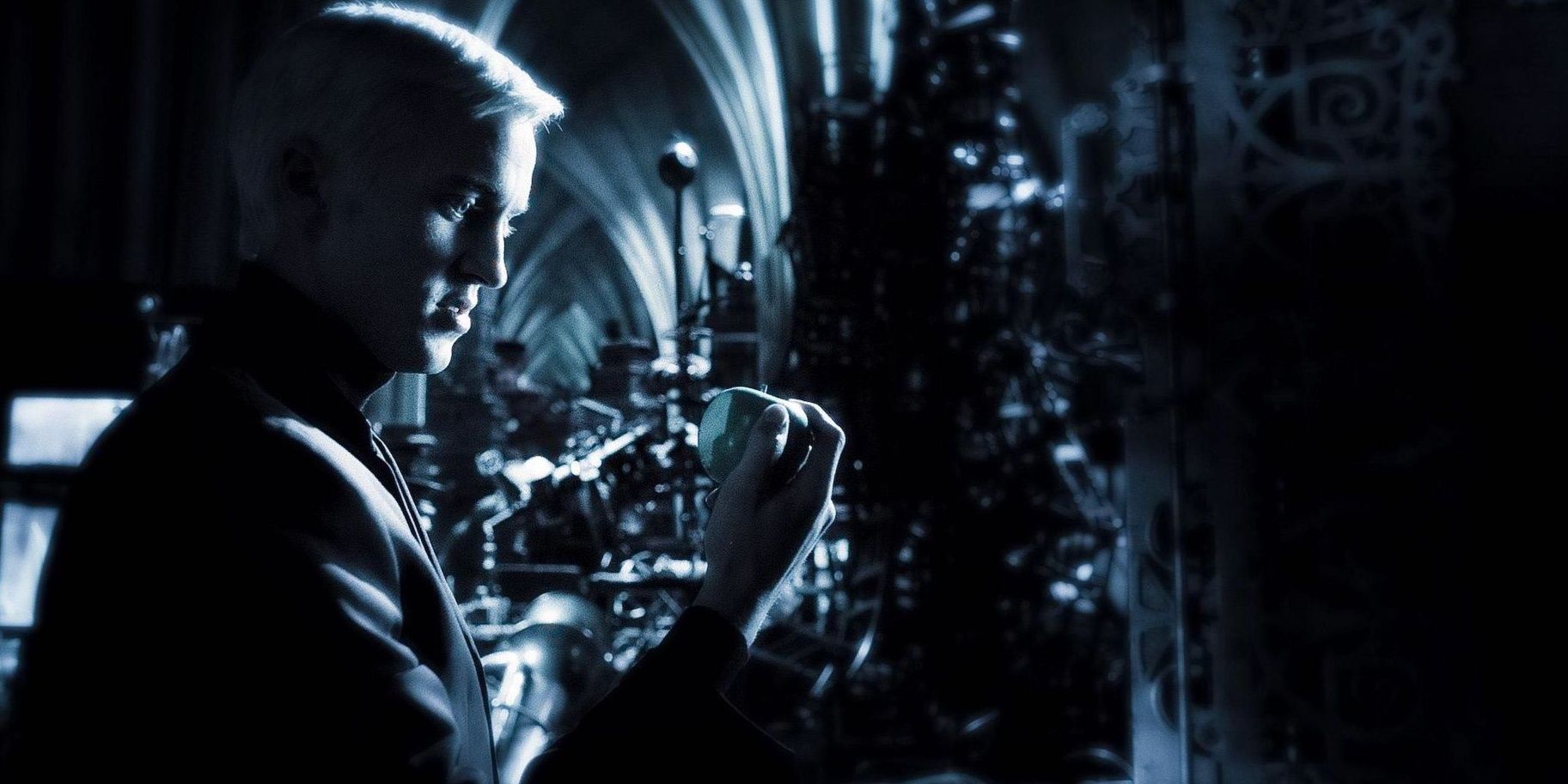
David Yates, much more than the other directors, added in scenes from other perspectives to expand the worldbuilding. For example, the sixth film, Harry Potter and the Half-Blood Prince, showcased Draco Malfoy (Tom Felton) as he agonized throughout the year about what to do in terms of his assignment to kill Dumbledore.
This added a human element to Draco, and also more fully explained his trick with the Vanishing Cabinet better so it made sense to the audience.
7 Transitions that Fit the Series
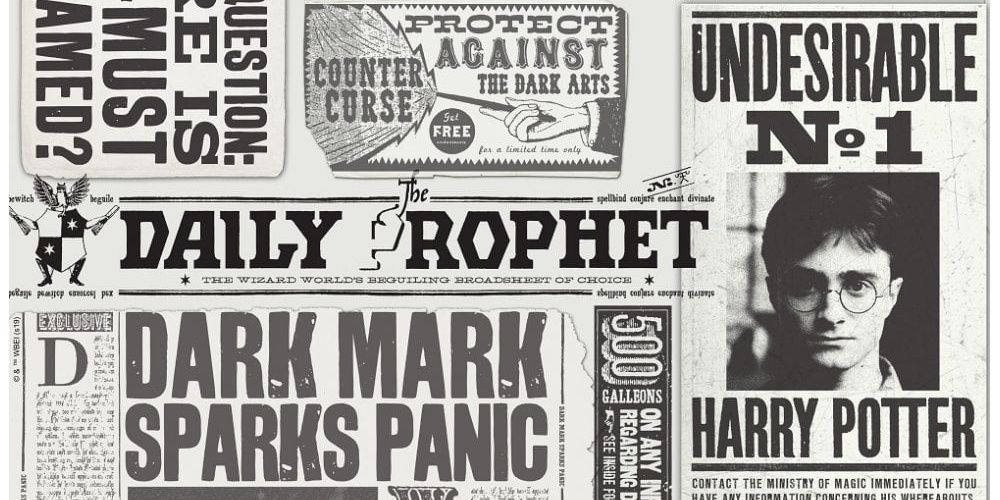
David Yates developed the newspaper transitions that so dominated the latter half of the series. However, they truly worked with the increased interest of the media and the government on Harry’s (Daniel Radcliffe) life and Hogwarts in general. The sophisticated transitions gave a formal look to the rest of the series, one that continued into the prequel series Fantastic Beasts.
6 Codified Potter Series Look
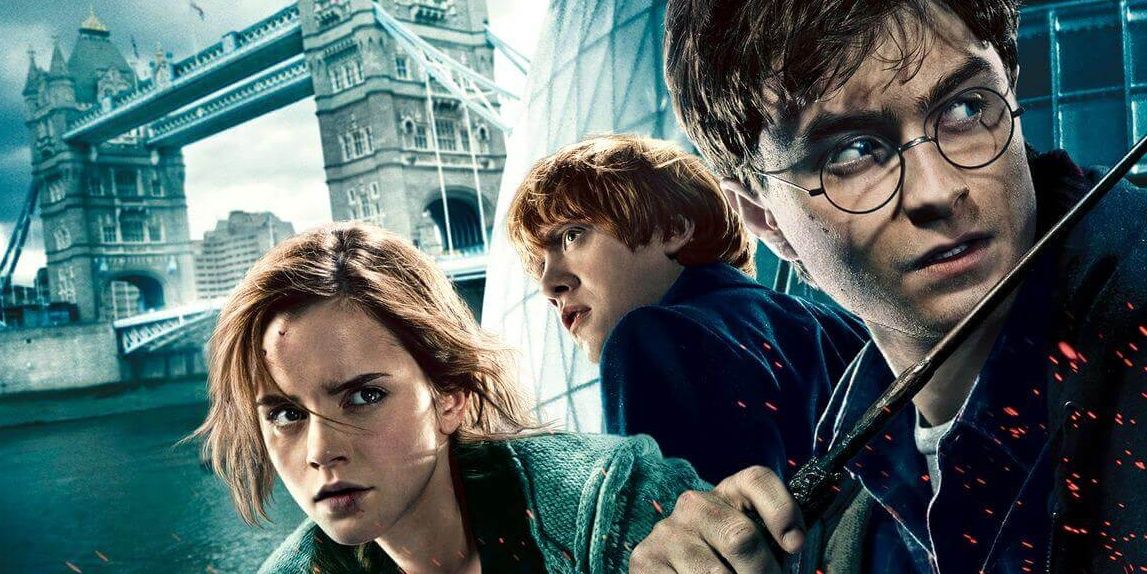
Since David Yates worked with the final four films, he had a major influence over how the series as a whole would be thought of in years to come. As more mysteries were solved than introduced, those particular films gained popularity over their earlier installments. The actors, having mostly grown up by the later films, also didn’t physically age as much as they had years before, which kept the look of the series and characters consistent.
5 Really Understood Characters
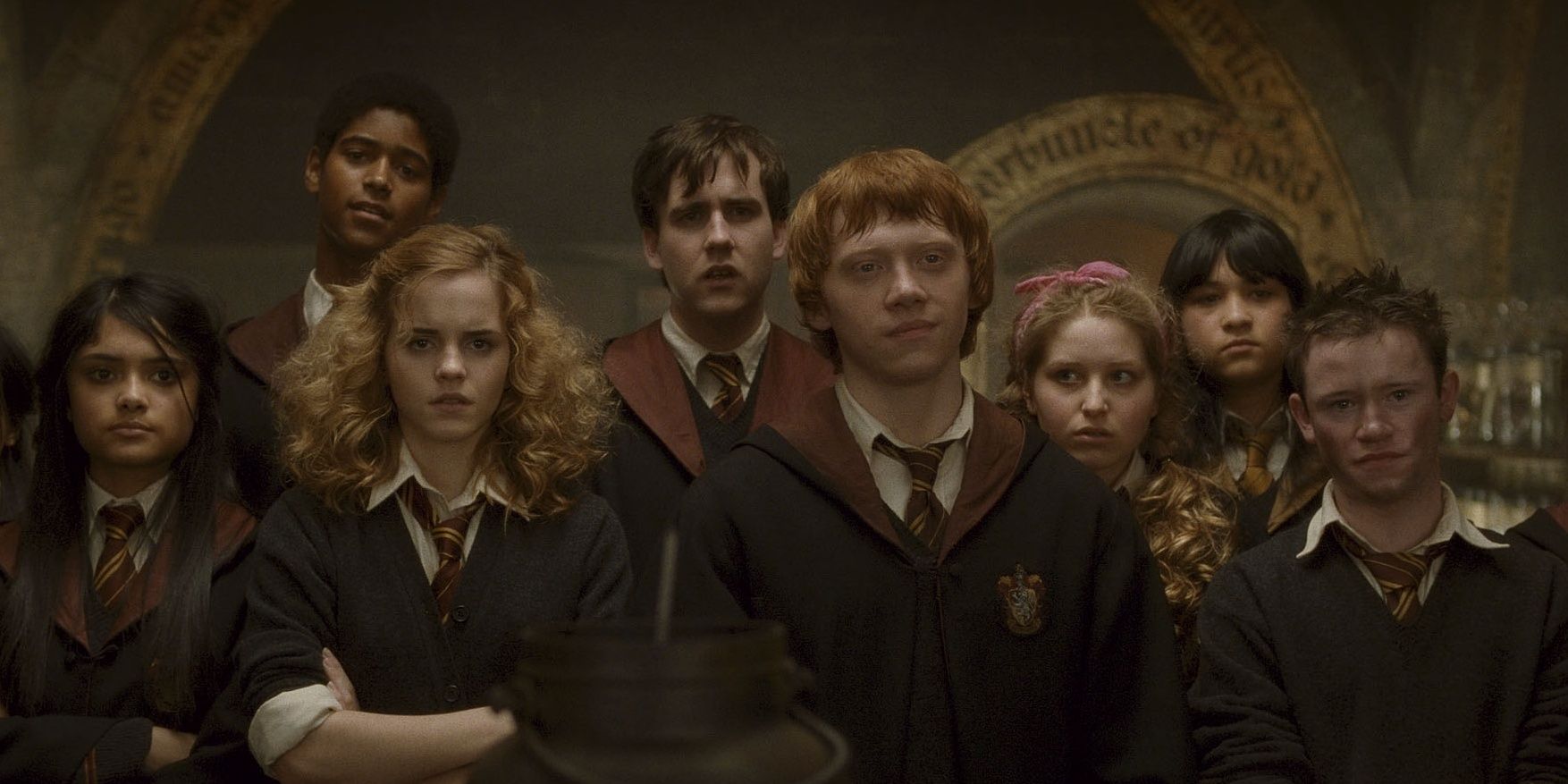
David Yates has a knack for characters. With Harry Potter, he knows when to let characteristics flow naturally or when to cut them short. For example, Hermione’s attack on Ron using birds during Half-Blood Prince is certainly a bit vindictive, but also fits her state of mind at that point. She’s tired, frustrated, and jealous. However, it does improve her own relationship with Harry.
The last four films are given the time to allow these characters to break into their own.
4 Subtle as to Important Plot Points
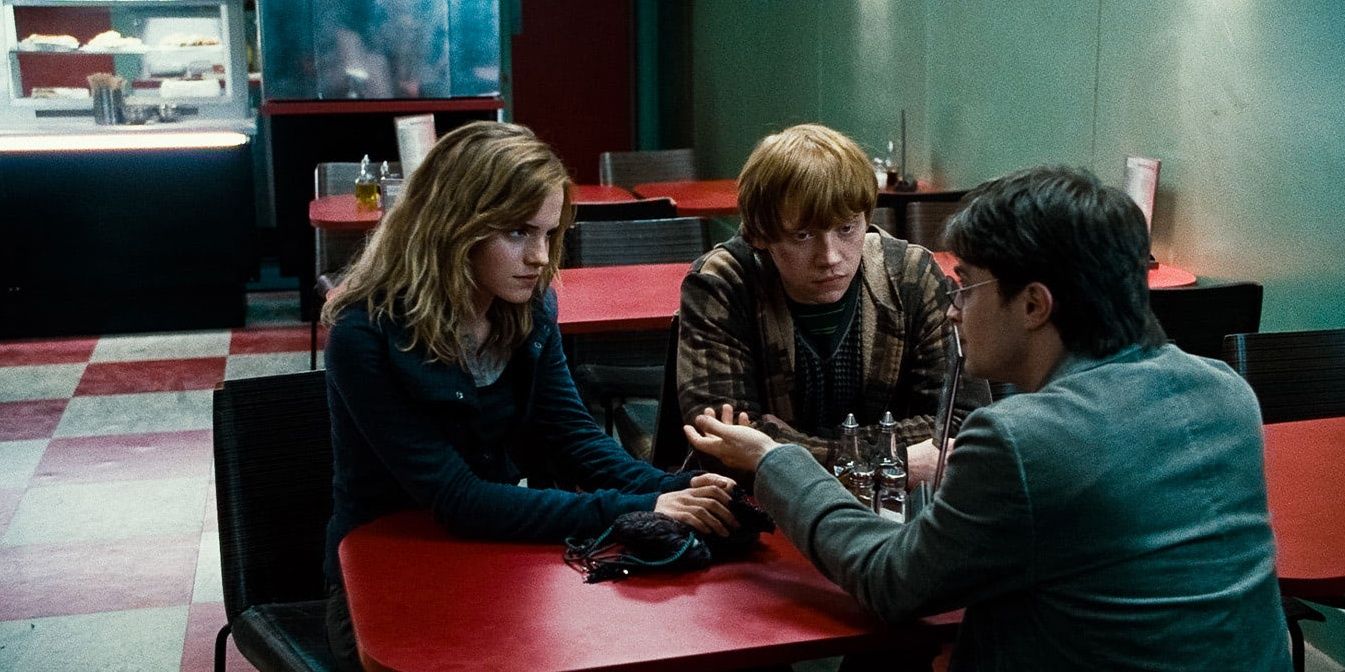
Yates, is, however, fairly subtle about large gestures and necessary plot points. For example, during the conversation in the cafe towards the beginning of the first part of the seventh film, Hermione’s bag never actually gets a closeup when the trio is discussing it. Yates isn’t so obvious as to directly point to it, so he’ll just indicate in the object’s direction.
3 Small Changes Over Large Ones
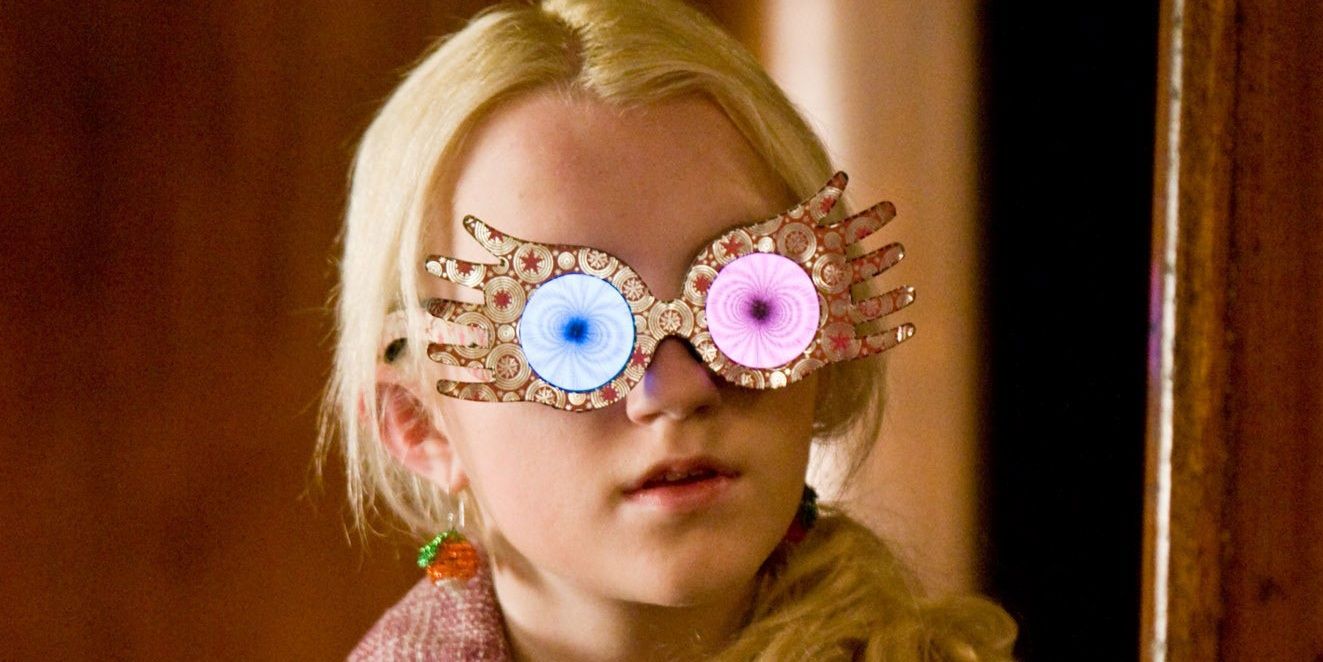
Though Yates didn’t deviate from the novels very much, when he did it was in a small, but necessary or significant way. For example, in the sixth film, Luna (Evanna Lynch) finds Harry on the train as opposed to Tonks (Natalie Tena), which mainly cuts out the small subplot of Tonks and Lupin’s (David Thewlis) romance, which gets very little page time in the novels anyway.
2 Knew How to Let Scene Speak for Itself
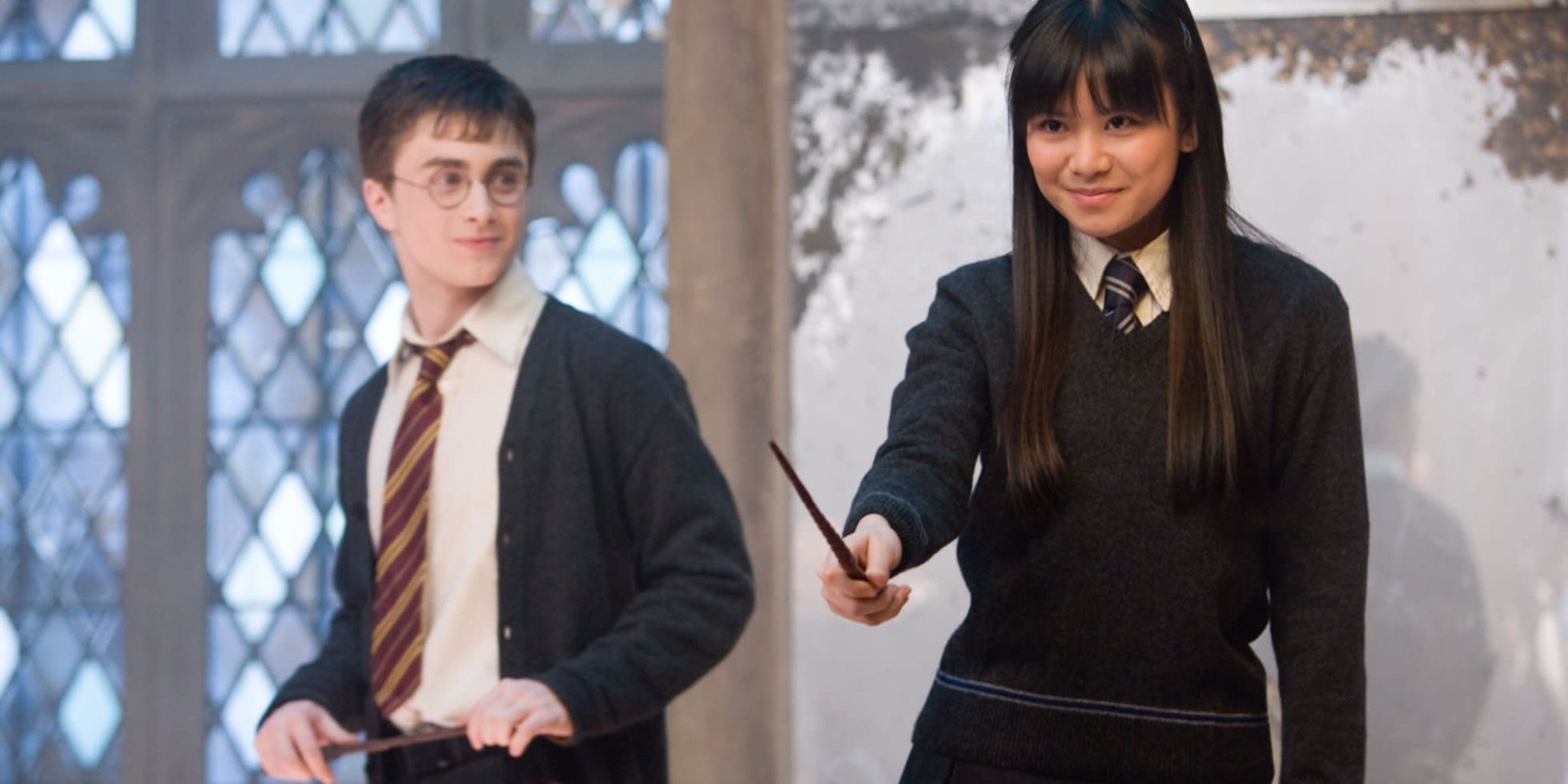
Though the fifth film is the shortest of the eight, it felt long, mainly because David Yates knew how to let a scene breathe and speak for itself through the passion of the actors.
For example, the scene where Harry describes his kiss with Cho (Katie Leung) to Hermione (Emma Watson) and Ron (Rupert Grint) is the perfect level of cringe romance that would be expected from teenagers. Overall, Yates knew how to pace his scenes out to benefit the characters and their impact on the plot, as opposed to the other way around.
1 The Series Will Age Well

Especially due to David Yates’ influence on the series, it will age well. The characters will be remembered as having grown up during the later films, which helps bring in periphery audiences. Hogwarts as a place is also unlikely to fade from people’s minds. Overall, both the books and the films’ popularity will be passed down, and Harry Potter will remain a famous modern fantasy series.
Link Source : https://screenrant.com/harry-potter-david-yates-film-book-changes-best/
